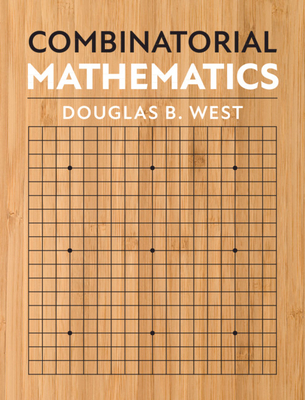Artificial Communication: How Algorithms Produce Social Intelligence
暫譯: 人工溝通:演算法如何產生社會智慧
Esposito, Elena
- 出版商: Summit Valley Press
- 出版日期: 2022-05-24
- 售價: $1,360
- 貴賓價: 9.5 折 $1,292
- 語言: 英文
- 頁數: 200
- 裝訂: Hardcover - also called cloth, retail trade, or trade
- ISBN: 0262046660
- ISBN-13: 9780262046664
-
相關分類:
Algorithms-data-structures
海外代購書籍(需單獨結帳)
商品描述
A proposal that we think about digital technologies such as machine learning not in terms of artificial intelligence but as artificial communication. Algorithms that work with deep learning and big data are getting so much better at doing so many things that it makes us uncomfortable. How can a device know what our favorite songs are, or what we should write in an email? Have machines become too smart? In Artificial Communication, Elena Esposito argues that drawing this sort of analogy between algorithms and human intelligence is misleading. If machines contribute to social intelligence, it will not be because they have learned how to think like us but because we have learned how to communicate with them. Esposito proposes that we think of "smart" machines not in terms of artificial intelligence but in terms of artificial communication. To do this, we need a concept of communication that can take into account the possibility that a communication partner may be not a human being but an algorithm--which is not random and is completely controlled, although not by the processes of the human mind. Esposito investigates this by examining the use of algorithms in different areas of social life. She explores the proliferation of lists (and lists of lists) online, explaining that the web works on the basis of lists to produce further lists; the use of visualization; digital profiling and algorithmic individualization, which personalize a mass medium with playlists and recommendations; and the implications of the "right to be forgotten." Finally, she considers how photographs today seem to be used to escape the present rather than to preserve a memory.
商品描述(中文翻譯)
我們應該將數位技術,例如機器學習,視為人工溝通而非人工智慧的提議。
隨著深度學習和大數據的演算法在許多方面變得越來越出色,這讓我們感到不安。設備如何知道我們最喜歡的歌曲是什麼,或者我們在電子郵件中應該寫什麼?機器是否變得過於聰明?在人工溝通一書中,Elena Esposito主張,將演算法與人類智慧進行這種類比是誤導性的。如果機器對社會智慧有所貢獻,那將不是因為它們學會了像我們一樣思考,而是因為我們學會了如何與它們溝通。Esposito提議,我們應該將「智慧」機器視為人工溝通而非人工智慧。為此,我們需要一個溝通的概念,能夠考慮到溝通夥伴可能不是人類,而是一個演算法——這不是隨機的,且完全受到控制,雖然不是由人類思維的過程所控制。Esposito通過檢視演算法在社會生活不同領域的使用來探討這一點。她探討了在線上列表(以及列表的列表)的激增,解釋了網路是基於列表來產生進一步的列表;可視化的使用;數位剖析和演算法個性化,這些都通過播放清單和推薦來個性化大眾媒介;以及「被遺忘的權利」的含義。最後,她考慮到今天的照片似乎被用來逃避當下,而不是保留記憶。作者簡介
Elena Esposito is Professor of Sociology at the University Bielefeld and the University of Bologna.
作者簡介(中文翻譯)
埃琳娜·埃斯波西托(Elena Esposito)是比勒費爾德大學(University Bielefeld)和博洛尼亞大學(University of Bologna)的社會學教授。






















